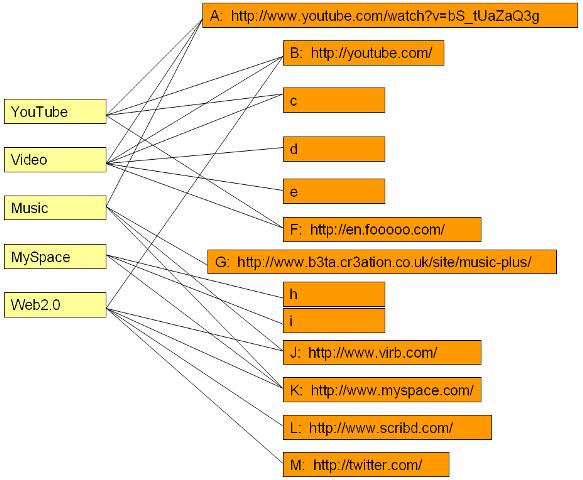You can easily run Visone with the "webstart" option available here.
 Once you have it running, the picture below hints at how easy it is to (1) give yourself a starting set of nodes by creating a "random" graph with no edges, and (2) use "edit mode" to make your nodes look as you wish and add edges between them. Then you can use "analysis mode" to drag nodes around and try different automatic layouts, etc.
Once you have it running, the picture below hints at how easy it is to (1) give yourself a starting set of nodes by creating a "random" graph with no edges, and (2) use "edit mode" to make your nodes look as you wish and add edges between them. Then you can use "analysis mode" to drag nodes around and try different automatic layouts, etc. I use Visone to make all the illustrations in my Introduction to Network Mathematics, but I don't use it for consulting because it is licensed only for non-commercial use.
I use Visone to make all the illustrations in my Introduction to Network Mathematics, but I don't use it for consulting because it is licensed only for non-commercial use.
This work is licensed under a Creative Commons Attribution-ShareAlike 2.5 License and is copyrighted (c) 2007 by Connective Associates except where otherwise noted.

